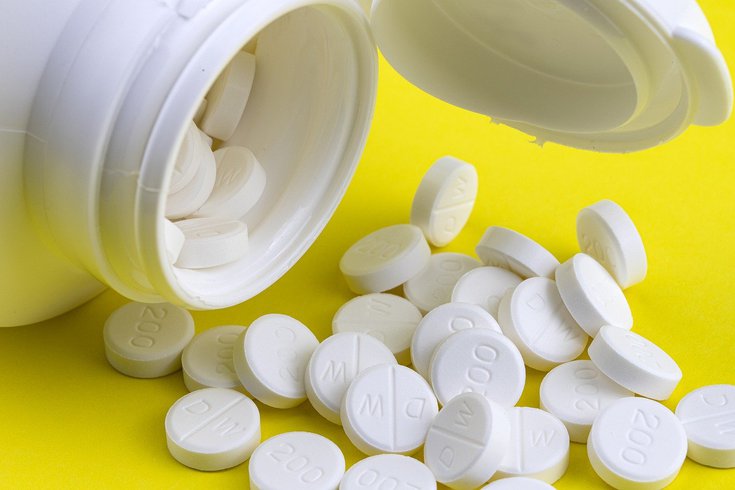
November 23, 2021
 Heung Soon/Pixabay
Heung Soon/Pixabay
Researchers from Harvard Medical School and Boston Children's Hospital found that people taking disulfiram for alcoholism were 34% less likely to get COVID-19.
Disulfiram has been used to treat alcoholism in the United States since for more than 70 years. But the medication also may have another useful purpose – lessening the risk of severe COVID-19 and death.
Researchers from Harvard Medical School and Boston Children's Hospital found that people taking disulfiram were 34% less likely to get COVID-19. None of the study participants taking disulfiram died, compared to 3% of those not prescribed the drug.
The researchers analyzed data from more than 944,000 U.S. veterans who had at least one COVID-19 test between February 2020 and February 2021. More than 2,200 of them had been prescribed disulfiram for alcoholism.
Chris Sander, a professor of cell biology at Harvard Medical School, and his colleagues emphasized that their study was just observational and more research is necessary. It does not prove a cause-and-effect relationship.
When used to treat alcoholism, disulfiram is usually combined with behavior modification, psychotherapy and counseling. Though the drug isn't a cure, it does block an enzyme involved in metabolizing alcohol, which creates unpleasant side effects when the person drinks alcohol.
The researchers aren't sure how the drug interacts with the novel coronavirus, but theorize that it may interfere with an enzyme the virus needs to replicate. It may also reduce the hyperinflammation that occurs in severe COVID-19 infections.
"That's a plausible mechanism, but it must be confirmed with further research," Sander said. "It's a work in progress."
The results, published in PLOS ONE, were encouraging to warrant further investigation. A small phase 2 clinical trial of disulfiram in patients with moderate COVID-19 is almost completed and another one has already begun.
Disulfiram is a safe and inexpensive drug that is already widely used around the world. Sander said that if it proves to be an effective COVID-19 treatment, it can easily be made available worldwide. The researchers said they hope their findings lead to large, international phase 3 trials.
Researchers have been searching for effective treatments to treat COVID-19 since early in the pandemic. The U.S. government's Antiviral Program for Pandemics has invested more than $3 billion into research and clinical trials for antiviral pills to treat COVID-19.
The U.S. Food and Drug Administration only has approved one COVID-19 treatment, the antiviral remdesivir. It also has issued emergency use authorizations for several monoclonal antibody treatments. But each of those options must be administered by a health care provider.
Yet, antiviral pills that could be taken at home immediately after a COVID-19 diagnosis – similar to Tamiflu – are on the horizon.
Pfizer recently announced that its experimental COVID-19 antiviral pill, called PAXLOVID, reduced the risk of hospitalization and death by 89% in clinical trials.
An interim analysis showed that only three of 389 participants who received the therapy within three days of experiencing COVID-19 symptoms were hospitalized during the next 28 days. By comparison, 27 of 385 patients given a placebo were hospitalized. Similar reductions in hospitalizations and deaths were seen in patients who took the therapy within 5 days of symptom onset.
Because the results were positive, Pfizer ended the trial early so it could apply for an emergency authorization as soon as possible.
Merck also has developed a COVID-19 antiviral therapy that has been found to cut the risks of hospitalization and death in half. The company is seeking FDA emergency authorization.